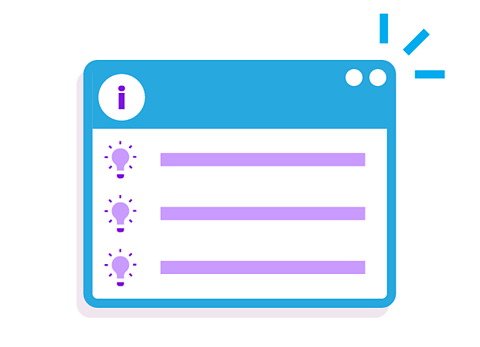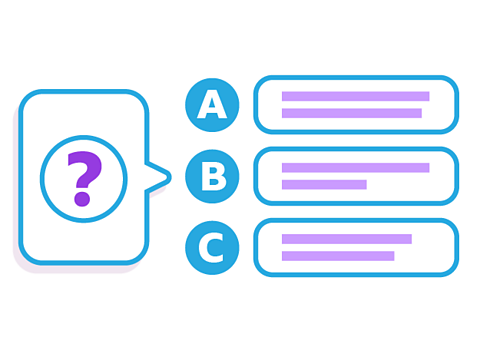Key points about relative pronouns in French

A relative pronoun is a pronounWords that replace nouns, ie he, she, it, they. that is used to introduce a relative clauseA relative clause is a clause that cannot exist by itself..
A relative clause is a part of a sentence that cannot exist by itself.
The relative pronoun qui means тwhoт, тwhichт or тthatт and is used before a verbA word used to describe an action or state of being..
Higher Tier т que means тwhoт, тwhichт or тthatт and is used as a relative pronoun before a nounThe name of a thing such as an object, a place or a person. Nouns are often described as naming words. or subjectThe person or thing in the sentence that is doing the action. pronoun.
Higher Tier - ДЧУЙ can mean тwhereт or тwhenт as a relative pronoun.
The relative pronoun тquiт
The relative pronoun Sorry, something went wrongCheck your connection, refresh the page and try again. means тwhoт, тwhomт, тwhichт or тthatт and is usually used at the start of a relative clause.
A relative clause is a clause that cannot exist by itself. For example, in the sentence 'I really enjoyed the meal that I ordered', the relative clause is тthat I orderedт, which wouldnтt make sense on its own.
Qui comes before a verb and relates to the subject of that verb.
For example:
- Jтai un frУЈre qui sтappelle John. т I have a brother who is called John.
The relative pronoun 'qui' - Mini quiz

Translate this sentence into English:
Jтhabite dans une maison qui est assez grande.
I live in a house that is quite big.
Quiz - Relative pronouns
Practise what youтve learned about relative pronouns with this quiz.
Higher Tier т Using 'que' and 'ДЧУЙ' as relative pronouns
The words Sorry, something went wrongCheck your connection, refresh the page and try again. (what), and Sorry, something went wrongCheck your connection, refresh the page and try again. (where) can be used as relative pronouns.
Using тqueт as a relative pronoun
When used as a relative pronoun, que means тwhoт, тwhomт, тwhichт or тthatт and is usually used at the start of a relative clause.
Que comes before a noun or pronoun and relates to the object of the verb.
For example:
- Aimes-tu le pantalon que jтai achetУЉ hier ? т Do you like the trousers that I bought yesterday?
- Le nouveau chapeau quтil a achetУЉ УЉtait trop grand. т The new hat that he bought was too big.
Using тДЧУЙт as a relative pronoun to mean тwhereт
When used as a relative pronoun, ДЧУЙ can mean тwhereт.
For example:
- Jтaime le quartier ДЧУЙ jтhabite. т I like the neighbourhood where I live.
Using тДЧУЙт as a relative pronoun to mean тwhenт
АПУЙ as a relative pronoun can also mean тwhenт.
For example:
- CтУЉtait le jour ДЧУЙ ils se sont mariУЉs. т It was the day (when) they got married.
Using тДЧУЙт as a relative pronoun - Mini quiz

Translate this sentence into English:
Il est allУЉ au marchУЉ ДЧУЙ on peut acheter des lУЉgumes frais.
He went to the market where you can buy fresh vegetables.
Translate into English:
Elles sont У lтУЂge ДЧУЙ elles veulent trouver un emploi.
Theyтre at the age when they want to find a job.
Higher Tier - Quiz - Relative pronouns
Practise what youтve learned about relative pronouns with this quiz for Higher Tier.
Now youтve learned about relative pronouns, why not explore emphatic pronouns?
More on Pronouns
Find out more by working through a topic
- count1 of 7

- count2 of 7

- count3 of 7

- count4 of 7
